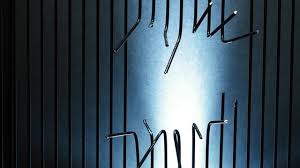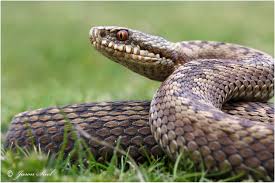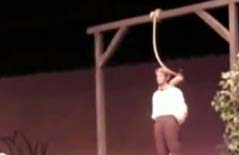"With that breath hell broke! All the bars of Belial, For all their warriors and wardens, stood wide open. Lucifer might not look up, the light so blinded him, And those whom our Lord loved he lifted to that glory."
But instead of scooping up all the lost souls and departing, Langland tells us that Christ took time to answer Lucifer's claim of rightful possession.
"They are mine and of me, I may claim them better,
Although Reason records rightly of me
That if they ate the apple all should perish,
I have not ordained them here in hell for ever,
Thy deceit made the deed that they did so vilely,
Thou gottest them with guile against all justice,
For thou didst feed falsely those whom I loved."
Although Reason records rightly of me
That if they ate the apple all should perish,
I have not ordained them here in hell for ever,
Thy deceit made the deed that they did so vilely,
Thou gottest them with guile against all justice,
For thou didst feed falsely those whom I loved."
Christ's victory speech is lengthy, and all of it worth reading (despite repetition). It contains some of the very best alliterative lines in which the emphasis is heavy and the language just off-beat enough to attract attention. Like these examples.
"In the likeness of a lizard with a lady's visage."
"For by right and by reason I here ransom my liegemen."
"Thou has pilfered my palace against all justice."
"Thou, Lucifer, in the likeness of a loathsome adder."
"Thou art doctor of death! Drink what thou madest!"
"Thy drink shall be death and deep hell the bowl,"
The victory speech is a rambling affair, mixing biblical references with allusions to mediaeval practices. In a comment on God's right to forgive, Langland explains that if an execution by hanging goes wrong and the neck is not broken, and the king happens to be around, then the victim can be reprieved by royal command instead of left to strangle. The end of the story comes when Christ dismisses Lucifer and;
"......................Then he bound him in fetters While Astoreth and all the others hid in corners. And looked not on our Lord, the bravest among them, But watched Him lead forth whom he liked,"
Mercy and Truth and Peace and Righteousness go into a mad scene of rejoicing.
"These damsels danced till day was dawning."
The Dreamer wakes up, collects his wife and daughter, and goes to church for mass, where the symbolism is all about 'The Body of Christ'. The concept is picked up in the last three lines of the Passus, terminating in another superb Langland image.
"For God's blessed body is bore for our good. And it frightens the Fiend, for such is its power That no grisly ghost may glide in its shadow."
HELL BROKE

A LOATHSOME ADDER

NECK NOT BROKEN? REPRIEVE POSSIBLE

DAMSELS DANCED TILL DAY WAS DAWNING

A GRISLY GHOST GLIDING
